Human embryonic kidney 293 (HEK293) cells are widely utilised in research and bioprocessing industries, yet scaling up their growth poses significant challenges.
Check out the 2020 study by Iuchi et al., published in Cytotechnology, which delves into the various morphologies of human embryonic kidney 293T cells in different culture dishes. This research underscores the vital role substrate conditions play in influencing HEK cell characteristics.
HEK293 cells, transformed by exposure to adenovirus type 5 DNA fragments, serve a crucial role in diverse biological studies and experiments. HEK293T cells, a variation, express the simian virus 40 (SV40) large T antigen. This expression facilitates the replication of plasmids with the SV40 origin of replication, enabling robust protein expression. Consequently, HEK293T cells exhibit excellent growth and transfection capabilities with protein expression vectors.
The study examined how cell culture environments impact the morphological and functional traits of HEK293T cells. It was observed that HEK293T cells cluster and form 3-D multicellular structures (MCS) on certain polystyrene dishes designed for suspension culture in a complete medium. Conversely, in adherent culture conditions, HEK293T cells stick to the dishes and do not form 3-D MCS. These findings indicate that HEK293T cells adjust their biological properties based on the culture environment. Figures within the study illustrate the cells’ varied morphologies under different substrate conditions.
Effective growth of HEK cells is essential for numerous applications, including the production of viral vectors. The extensive use of HEK cells and their sensitivity to substrate conditions highlight the importance of substrate customisation and tailoring. This approach is key to scaling up and adapting HEK cell culture for large-scale operations.
At Smart MCs, we offer microcarriers that can be precisely adjusted and customised according to their physical and biochemical properties, ensuring they meet your specific requirements. Contact us today to streamline and expand your HEK cell culture processes.

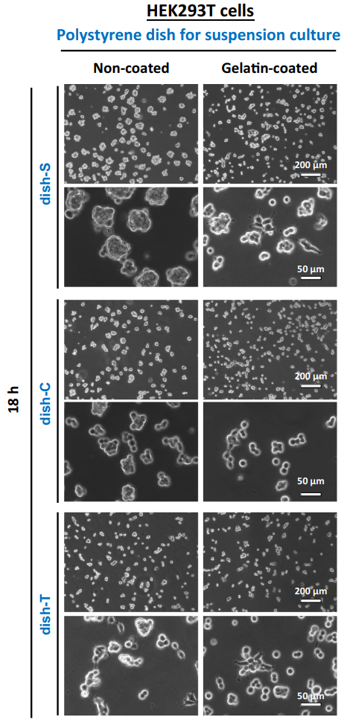
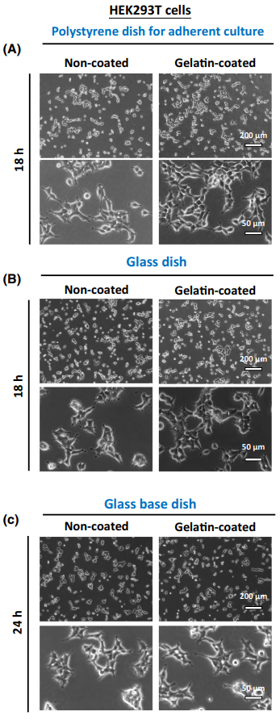
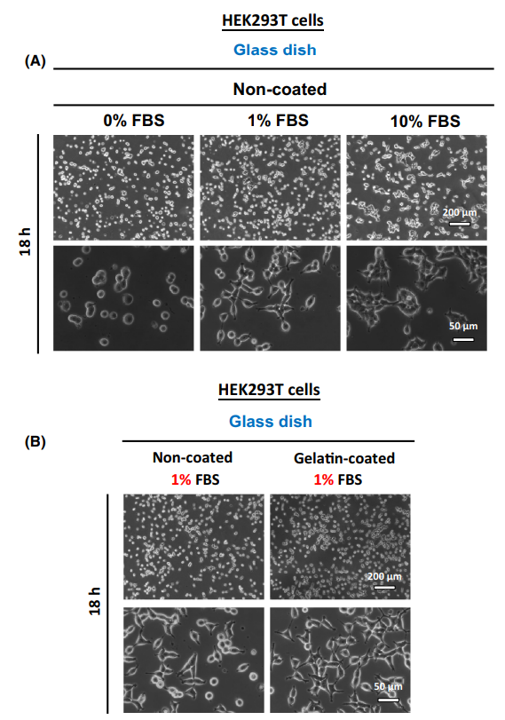
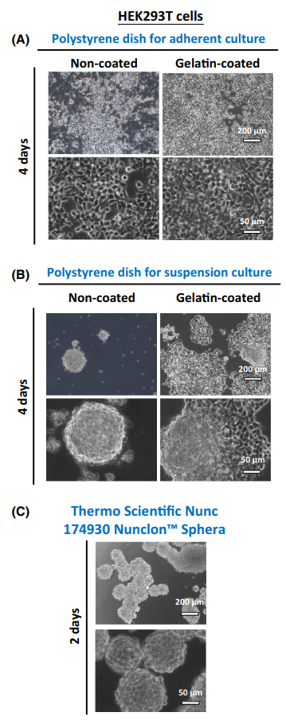
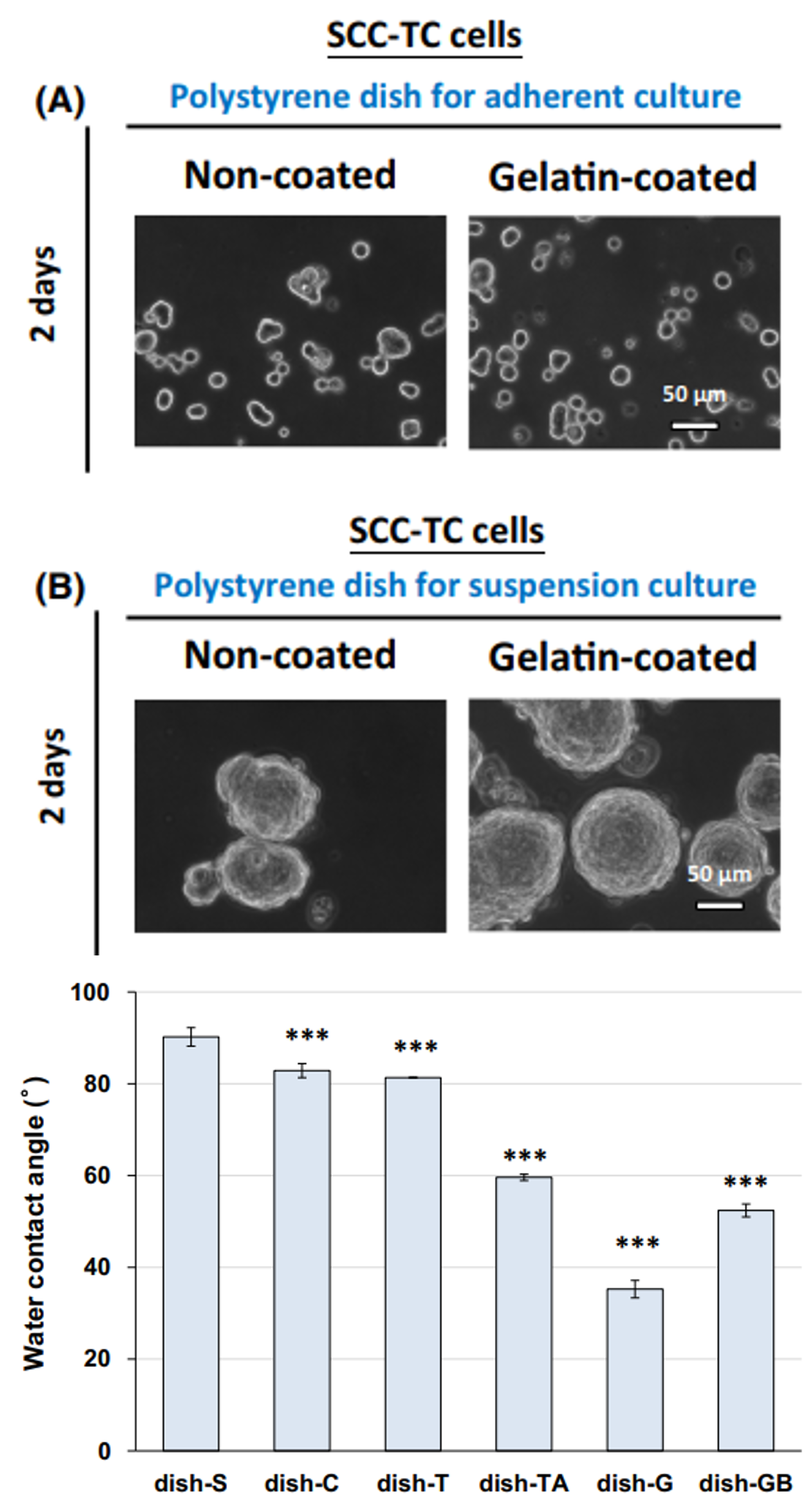
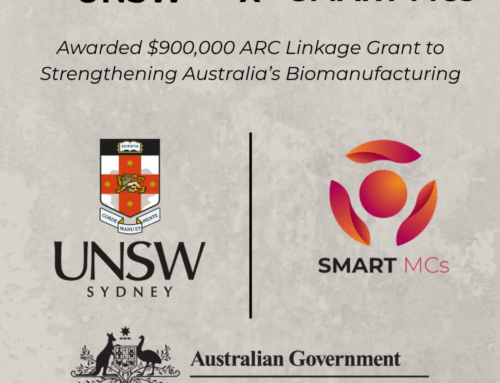
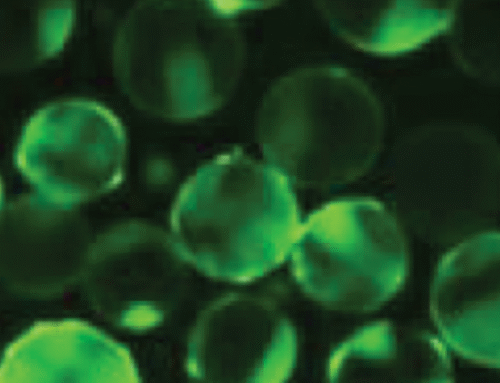



Leave A Comment